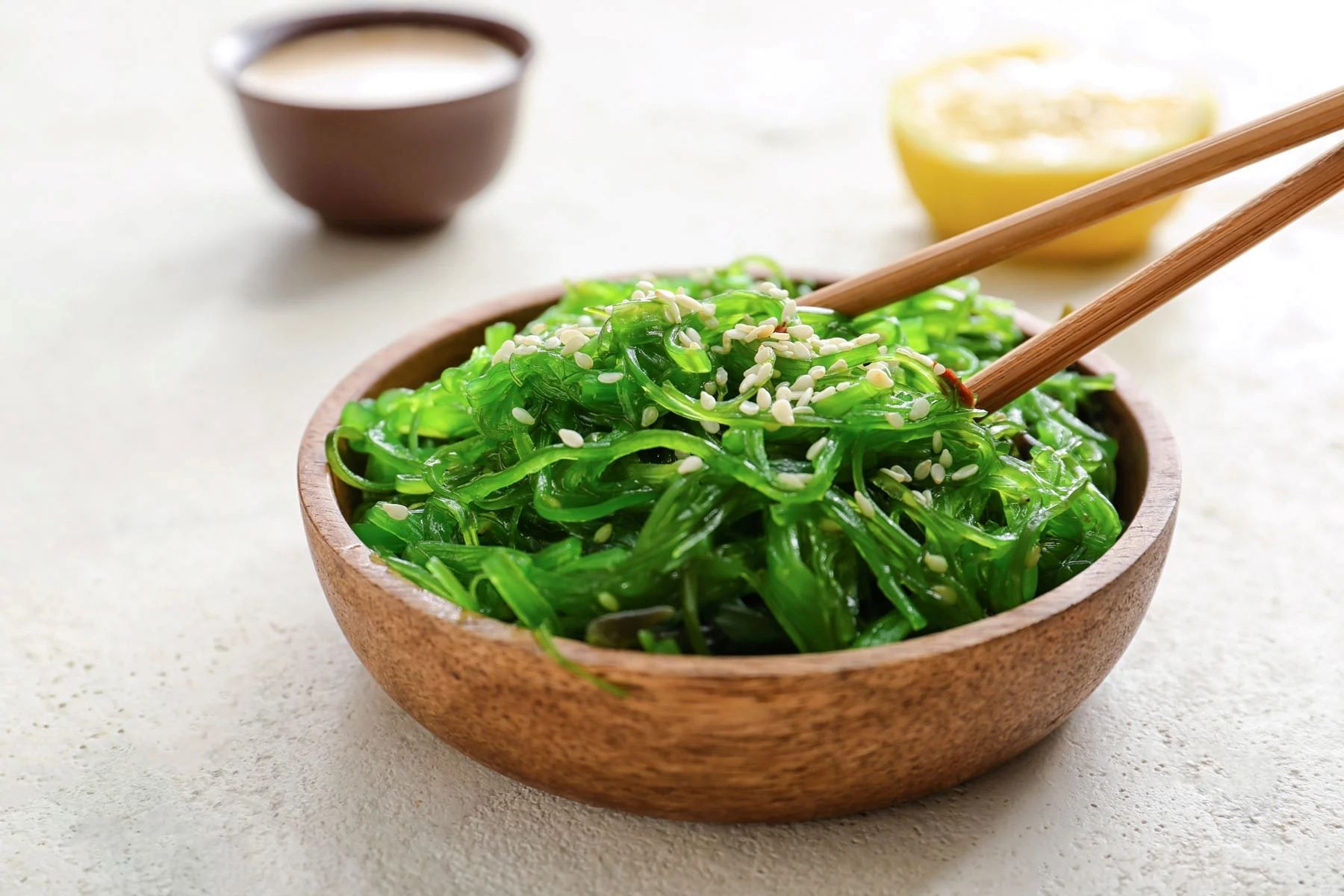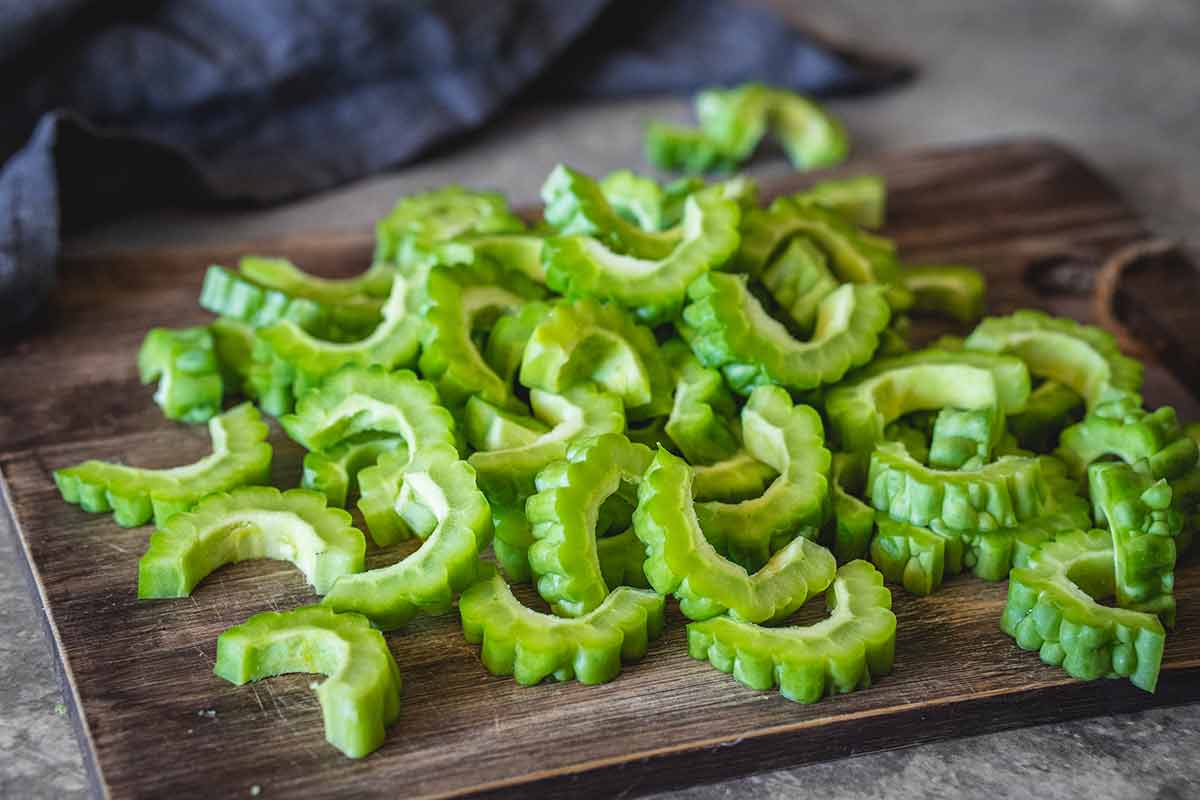Unlocking the Potential of Lemon Peels
When life gives you lemons, don’t just make lemonade! The next time you’re enjoying a refreshing glass of lemonade or squeezing a lemon over your favorite dish, don’t toss the peel aside. Lemon peels are not only edible but also packed with nutrients and flavor. Here’s how you can make the most of this often overlooked part of the lemon.
Health Benefits of Lemon Peels
Before we dive into the ways to eat lemon peels, let’s talk about their health benefits. Lemon peels contain a high concentration of vitamins, minerals, and fiber. They are rich in antioxidants and have anti-inflammatory properties. Consuming lemon peels can aid in digestion, boost the immune system, and promote healthy skin.
Ways to Incorporate Lemon Peels into Your Diet
Now that you know the health benefits of lemon peels, here are some creative ways to incorporate them into your diet:
- Zest it: The zest of a lemon peel is a great way to add a burst of citrus flavor to your dishes. You can sprinkle lemon zest over salads, pasta, or yogurt for an extra zing.
- Infuse it: Infusing water with lemon peels is a refreshing way to enjoy their flavor while staying hydrated. Simply add some lemon peels to a pitcher of water and let it infuse in the refrigerator for a few hours.
- Candy it: Candied lemon peels make for a delightful sweet treat. Boil lemon peels in a simple syrup, then coat them in sugar for a delicious and tangy snack.
- Brew it: You can create a fragrant and invigorating tea by steeping dried lemon peels in hot water. This citrusy tea is not only delicious but also a great way to reap the benefits of lemon peels.
- Cook it: Get creative in the kitchen by incorporating lemon peels into your recipes. They can add a bright and zesty flavor to marinades, dressings, and even baked goods.
Precautions and Tips
While lemon peels offer a myriad of benefits, it’s important to keep a few things in mind:
- Choose organic: When consuming lemon peels, opt for organic lemons to minimize exposure to pesticides and other chemicals.
- Wash thoroughly: Before using the peels, make sure to wash them thoroughly to remove any dirt or residue.
- Moderation is key: Like any food, consuming lemon peels should be done in moderation. Excessive intake may lead to digestive discomfort for some individuals.
Conclusion
Don’t let the nutritional powerhouse of lemon peels go to waste. By incorporating them into your diet in creative and mindful ways, you can elevate the flavor of your dishes and reap the health benefits they offer. So, the next time you reach for a lemon, remember that the peel is just as valuable as the juice inside!











